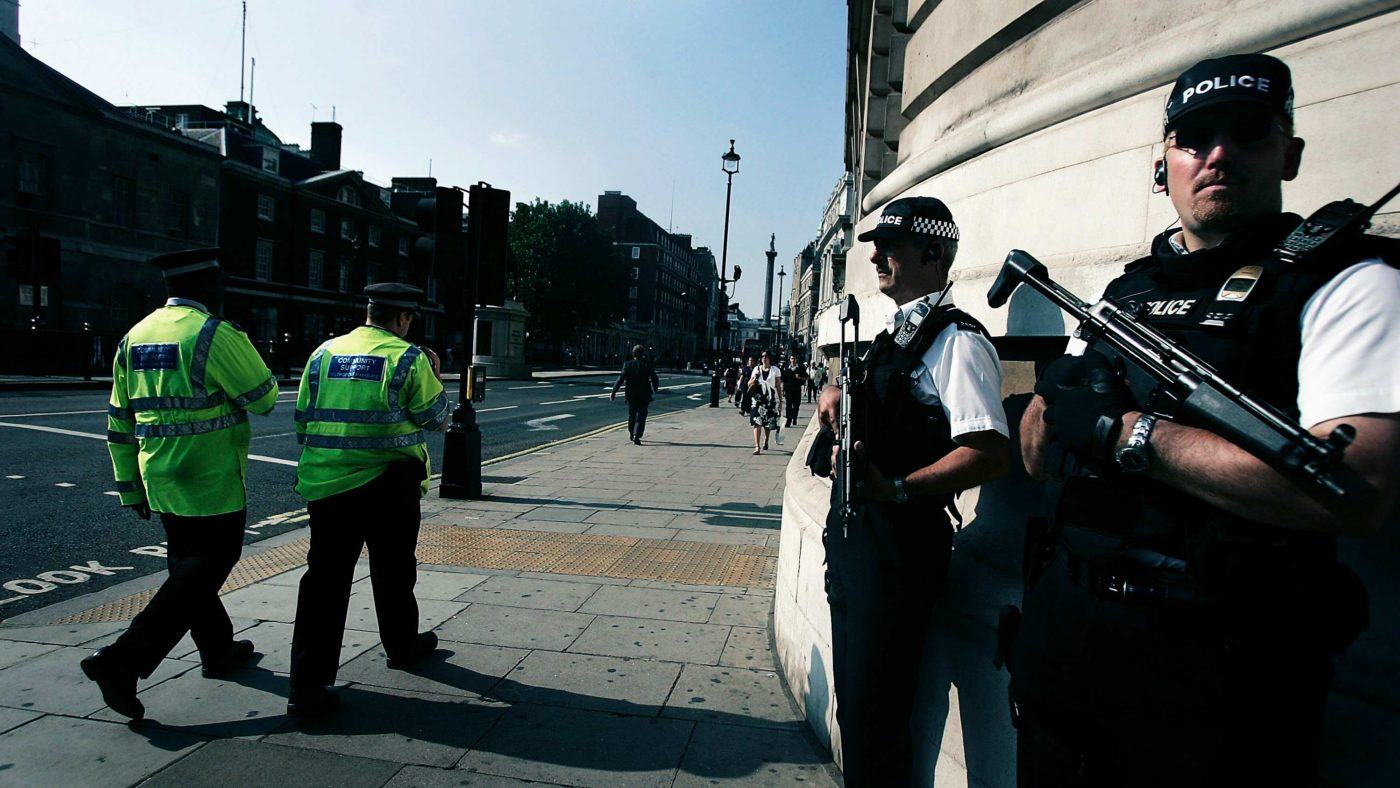The terrorist attack in and near the Houses of Parliament was as vicious and distressing as any we have experienced. Innocent people lost their lives, others were injured or bereaved in the name of a savage ideology masquerading as religious faith.
But we must be careful that we do not, however unintentionally, serve the interests of the terrorist organisations. Following the murders both British and foreign newspapers and media led with glaring headlines. “Attack on the heart of British democracy”, “Parliament under lockdown”, “Prime Minister rushed to safety” were some of the less dramatic reports.
None of these headlines was inaccurate. What they reported had happened. But they were given the same sensationalised prominence as the attack on the Twin Towers on 9/11 or the London bombings of June 2005 received.
I was in Washington on the day of last week’s attack. A senior American judge whom I was with, and who had just heard the news, informed me that he might have to reconsider a future visit to London if terrorism was so rampant and Britain was so unsafe.
Last week’s attack in London cannot be compared with either 9/11 or the bombings in London in June 2005. The latter were highly sophisticated attacks, in several places, using trained terrorists, under the control of al-Qaeda, with multiple fatalities.
The recent attack in London was the work of a single petty criminal, using a car to injure or kill pedestrians, followed by a knife attack before he was killed by police officers. He might have had internet contact with other terrorists but he appears to have been a lone operator.
The incident was not that dissimilar to the vicious murder of Lee Rigby outside Woolwich barracks by two men using a vehicle and knives.
After 9/11 and the London bombings in 2005 most of us were resigned to the likelihood that there would be repeated terrorist attacks in London on a comparable scale over the weeks, months and years ahead. The terrorists have tried but due to the skill and professionalism of the intelligence agencies and police neither the US nor the UK has suffered a single further terrorist attack on that scale for over 10 years.
I am well aware that this does not guarantee that such an attack could not happen in Britain. As you are reading this article such a new attack might be happening or have just happened. But, so far, the only attacks that have succeeded have been frenzied, unsophisticated assaults by a single or several individuals using knives and vehicles as their weapons, and with limited fatalities.
Invariably Islamic State or al-Qaeda claim responsibility for the work of their “martyrs” though one suspects that in some cases they had as little advance knowledge of these attacks as did the rest of us.
The failure to be able to repeat, in the United States or the UK, terrorist attacks on the scale of 9/11 or June 2005 demonstrates that the terrorist organisations are considerably weaker than they used to be.
When one takes into account that the number of radicalised Britons travelling to Syria to fight with IS has fallen by 90 per cent over the last year and that they have now lost most of their territory in both Iraq and Syria it is clear that the nature of the threat they represent is changing.
IS will soon become a global terrorist organisation like al-Qaeda. It will be years before they finally disappear. They will continue to be responsible for isolated attacks in Western Europe as well as in the Middle East.
But they will have ceased to be an organisation that can aspire to run a country or a “caliphate”. Nor, it is now clear, will they succeed in changing the international borders of states within the Arab and Muslim world.
To survive and appear credible they need the oxygen of publicity more than ever. We are in danger of helping rather than hindering them in that objective. If we, ourselves, describe a knife attack by a single individual as a “threat to democracy” or as an “assault on the heart of London” the world is given the impression that IS has had a great victory and that parliamentary democracy is reeling from a body blow.
Whenever even a single terrorist has committed an assault the police cannot be certain that there may not be accomplices waiting a few minutes before carrying out other attacks in the same location. That was why the Prime Minister was driven to Downing Street and the MPs and staff of Parliament not allowed to leave the rooms they were in at the time. It was a sensible precaution, no more.
Of course the attack and the murders were the main news of the day and had to be reported as such both in the Press and on TV. But the media, on such occasions, should accept the responsibility of restraint in the language they use hiding nothing from the public but reporting the facts unvarnished with exaggeration.
Over the last year IS have lost most of the territory they controlled. Mosul is almost liberated and their Syrian capital, Raqqa, will be the next to fall. Few are now travelling from Europe to the Middle East to join them.
They are likely to remain a squalid and dangerous terrorist organisation for years to come. Like both al-Qaeda and the IRA they will encourage isolated acts of terrorism, with all the accompanying publicity, to fuel the illusion that they will one day control the Middle East and the Muslim world.
It is already clear that they will fail in that objective. Our duty is to hasten that end both in Western interests and that of the Islamic world as a whole.


